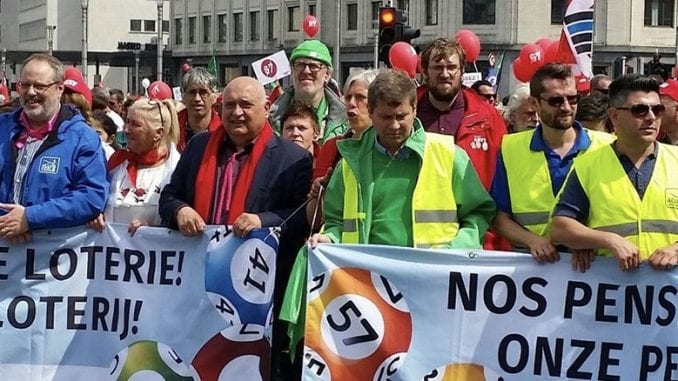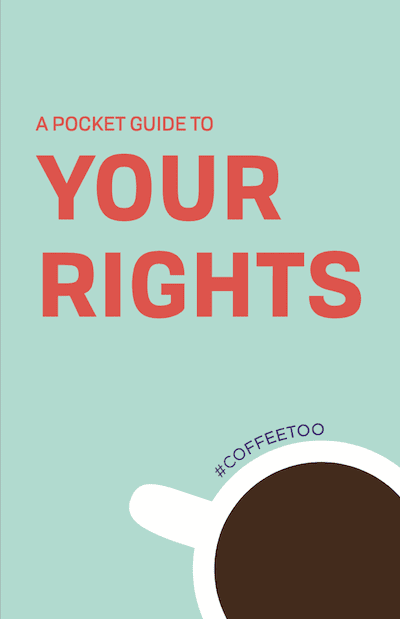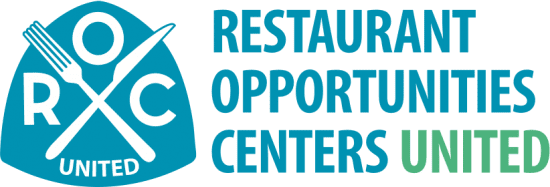
We present a collection of info employees can reference if they’re facing harassment or discrimination in the workplace.
BY CHRIS RYAN
BARISTA MAGAZINE ONLINE
Cover photo courtesy of Education International
From the editor: The topic of labor has been at the forefront of many recent conversations in specialty coffee, and we’re exploring it in a three-part series. Read the first installment here and the second one here; in today’s article, we look at resources for those who are encountering a problematic work environment.
Unfortunately, not every workplace is an ideal one, and in any business setting—coffee companies included—employees can be subject to an array of unpleasant situations. These might include harassment, discrimination, or any number of issues that make employees feel unsafe, unappreciated, or otherwise unhappy at work.
For employees encountering these scenarios at work, one of your first steps should be documenting the problematic behavior—a detailed record will be an important tool going forward. Another initial step you can take is to review federal and state laws for more information on what constitutes violations of law, and what your options are to act. For cases specific to discrimination, the Equal Employment Opportunity Commission provides information on many types of discrimination and how to file charges. Because federal and state laws typically vary, you should thoroughly research the laws in your state to see what your best options are.
While these are useful first steps, here are some additional resources with detailed information you can turn to for how to best position yourself to combat problematic workplace behavior:
Know Your Rights by #CoffeeToo. #CoffeeToo, according to its website, is “a grassroots community project created in October 2017 by a group of concerned individuals that directly experienced or witnessed discrimination in the coffee industry.” The group is dedicated to ending discrimination and sexual harassment in the coffee industry, and its booklet “A Pocket Guide to Your Rights” is a comprehensive guide to help employees protect themselves. It focuses on employee rights, what to do when those rights have been violated, and care tips for the self and others. The booklet also includes detailed information on resources employees can turn to for more information and to take action. Download the guide here.

Restaurant Opportunities Centers United. This organization is committed to helping those who work in the restaurant industry reach financial independence and improve the quality of their lives, largely through helping these workers improve their working conditions and wages. Its local chapters throughout the U.S. help mistreated workers take action and defend their rights, and their website offers comprehensive resources with additional information. Visit the site here.

Technology to report mistreatment. This is still a developing area, but a 2019 Fast Company article details recent apps and platforms that aim to make it easier to report misconduct in the workplace. Read more about the technologies and what they offer here.
Barista Magazine articles. The back issues of Barista Magazine have several articles about ensuring healthy workplaces, including Lauren Lathrop’s article “Coexisting at Work: Sexual Harassment Policies” in the February + March 2018 issue, and RJ Joseph’s “HR For Small Coffee Companies: Know Your Options” in the June + July 2018 issue. Additionally, we published this web article by Ashley Rodriguez in April 2018 that offers concrete steps for documenting harassment at work.

